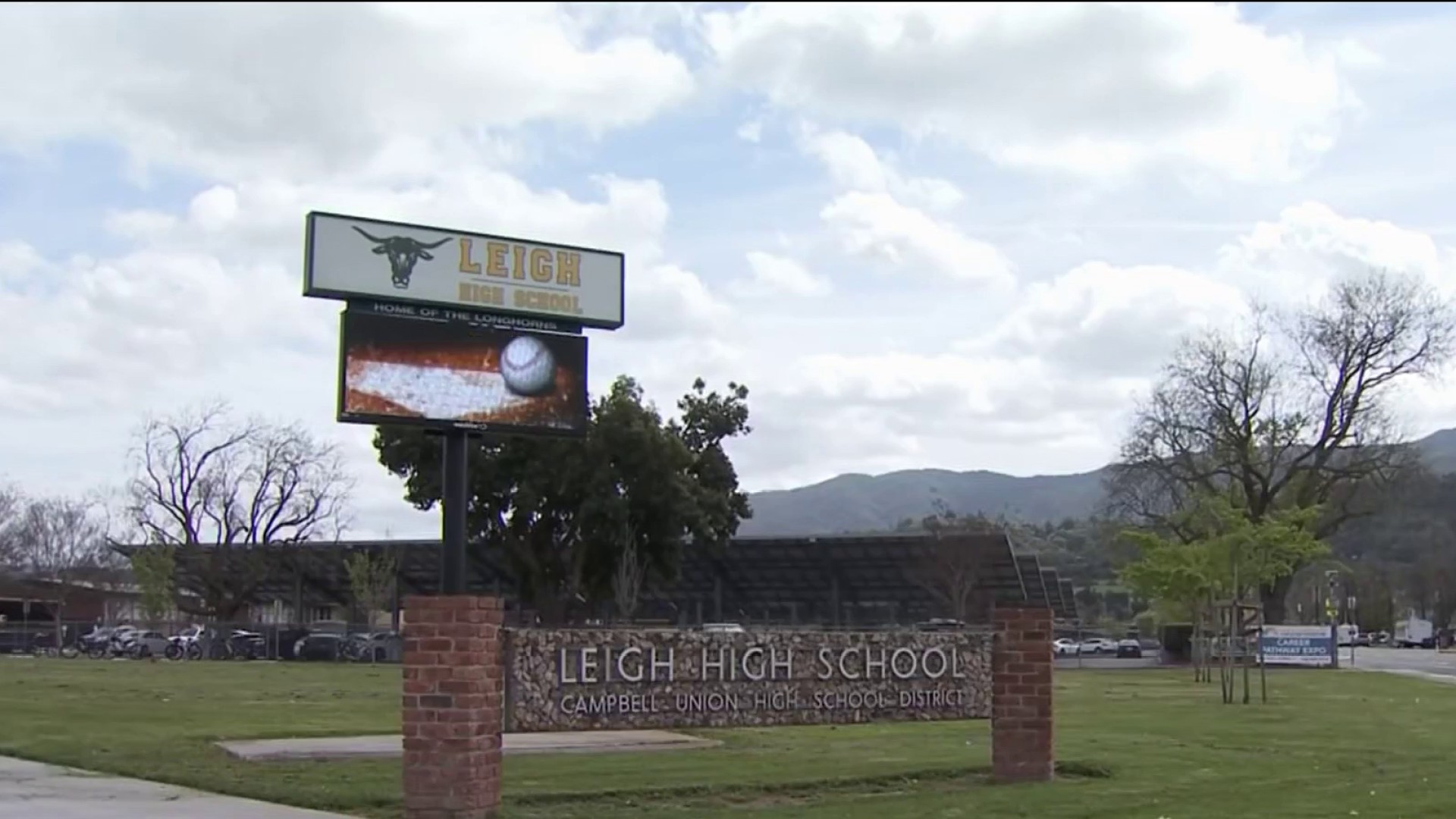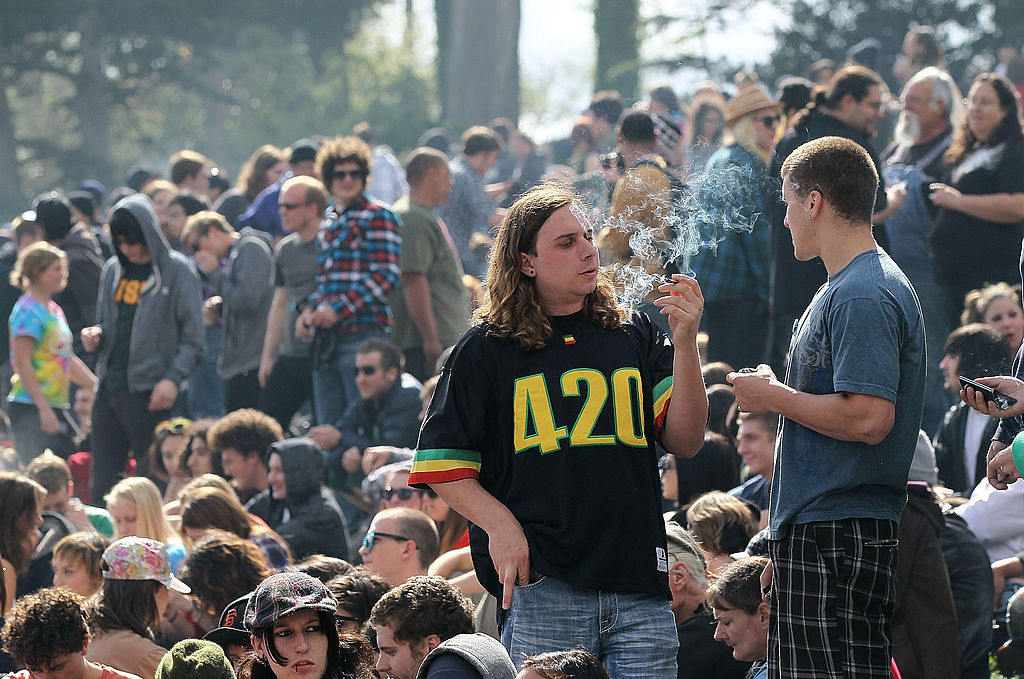Washington, D.C., may be where former Defense Secretary Leon Panetta worked for the last 50 years, but if you ask him, that's not his home.
"This is where I was born and raised," Leon Panetta said referring to the Monterey Peninsula. "This has been home from the very beginning and it always has been and it's always nice to come home."
Now that he's back home, Panetta is spending much more time at the Panetta Institute on the Cal State Monterey Campus. The walls at the Institute, which he founded with his wife, Sylvia, in 1997, give snapshot after snapshot of his illustrious career in public service. "That wall is all of my past history," Panetta said. "Now I have to put up the Obama certificates as well," Panetta said with a laugh while looking down at piles of frames propped up against another wall.
In a recent interview, Panetta, who is one of the most respected men in politics, talked about what kept him in the game for so long.
"You know in public service, you don't make much money, you don't get an awful lot of visibility at times, but if you can do something to help protect people, if you can do something to make people's lives a little better, that's the greatest reward you can get in this job," Panetta said.
That's not to say he didn't have more than his fair share of challenges, most recently as CIA Director and Defense Secretary.
When asked about the handling of the Benghazi attack, Panetta defended the military actions, but admitted he learned important lessons.

"The reality is that we did everything we could to deal with that situation," Panetta said. "From a military point of view there was no way based on where our troops were located there was simply not enough time to be able to get them there in time, and that is an important lesson we've learned. Today, there are things I ordered that we locate our special forces in key bases, but reduce their time for being able to get on a plane and get someplace."
Local
Panetta also reflected on one of his biggest successes, the capturing and killing of Osama Bin Laden while he was CIA Director.
"It was a very tense situation, that whole operation because we never knew for sure that Bin Laden was located there, and yet I always felt in my gut that it was the right thing to do," Panetta recalled. "It was a tremendous risk and I give the President a lot of credit to make the decision in the end to go, but when we finally got the word Geronimo, that they had finally got Bin Laden, I have to tell you, it wasn't like we were throwing things in the air, it was like one big sigh of relief that the operation was successful in the mission that we were performing. I think it was probably one of the best sensations I've ever had with regards to an operation."

In one of the conference rooms at the Institute, Panetta showed off a photo that holds a special meaning. "This is the moment actually when the helicopters came back from Pakistan and landed in Afghanistan and we knew then that everyone was safe," Panetta said. The photo shows him arm in arm with an aide at CIA headquarters in Langley. It's in essence his version of the now iconic photograph in the situation room at the White House.
One thing Panetta won't miss is how partisan Washington has become. "I've never seen Washington as mean and dysfunctional as it is today," Panetta said. "I think what really depresses me most is for whatever reason, people in Washington are willing to stand aside, not govern, not resolve these issues and do harm to innocent Americans who don't bear any blame for what's happened here, they just happen to be victims."
Now back home, Panetta plans to spend much more time on his walnut farm. "I owe it to my father, it's his legacy to keep it up, so I'll keep driving the tractor out there, keep working the orchard, but I've still got public service in my blood and I'll continue to do whatever I can do to improve our society."



